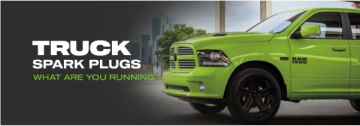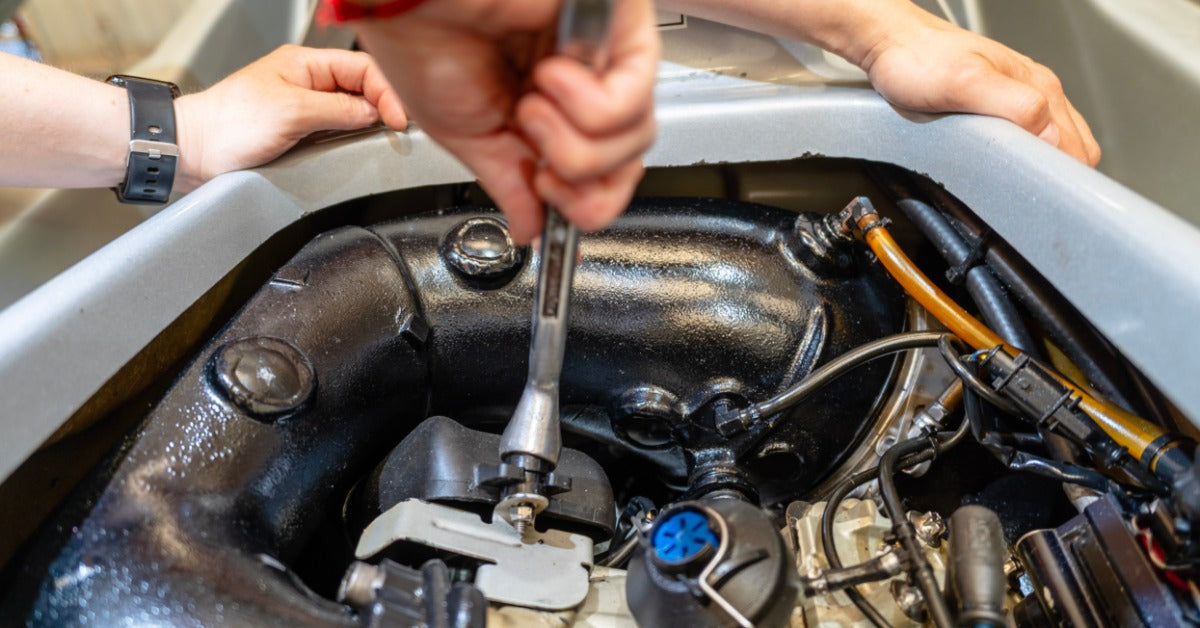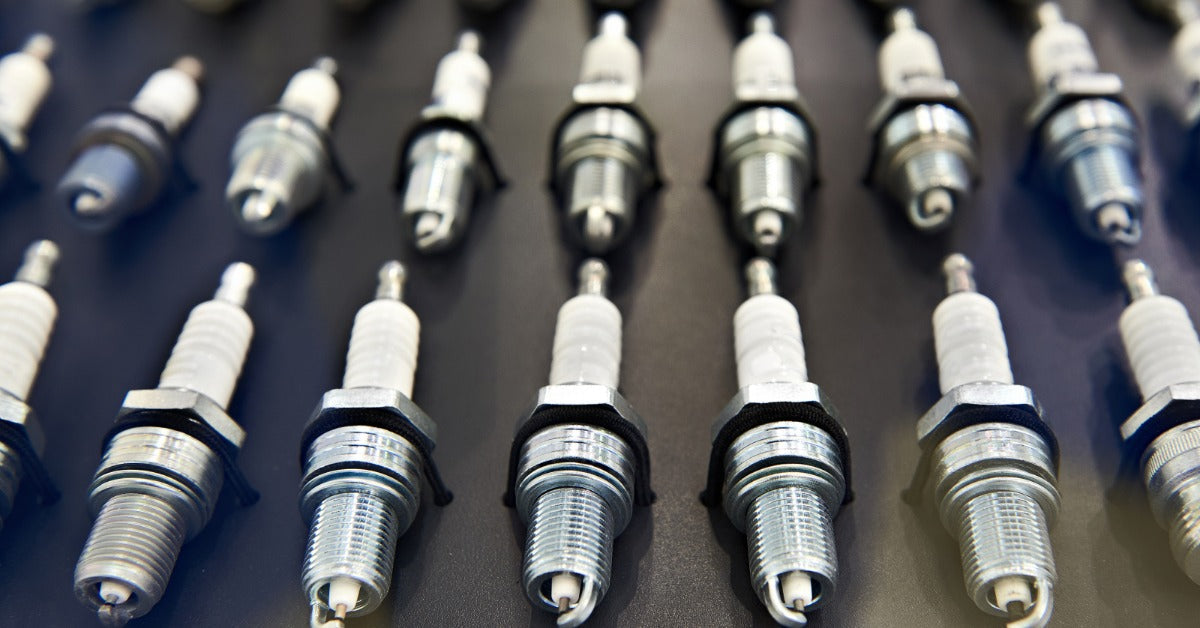
Computers have become more integrated with our driving experience, especially over the past few years. Today's new vehicles use integrated technology as a primary selling point. From Bluetooth syncing to your smartphone to the entire car being a WiFi hotspot, it seems that today's consumer wants as much tech as possible inside their vehicle. With this trend, however, comes the very real threat of cyber security.
The online community was shocked earlier this year when videos began to surface of hackers commandeering the driving controls of cars and trucks. While these tests were performed to show the real threat of computer / vehicle integration, they definitely raised more than a few eyebrows among new car buyers. While broad-scale attacks have yet to happen, most experts agree it is only a matter of time and auto-makers need to take the threats seriously.
With as many as 75% of new cars expected to have Internet connectivity on-board by 2020, hackers and terrorists pose a serious threat to future drivers. John Carlin, Assistant Attorney General for National Security at the U.S. Department of Justice chimed in with a dire warning. “We’re on the cusp of a transformation, and the auto industry is at the front of that transformation. We can’t make the mistake again of not building in cybersecurity by design on the front end and preventing espionage or loss of life.”
Leading the growing list of threats is ransomware. This particularly nasty type of malware locks users out of their systems until a ransom is paid to regain control. In the case of an automobile, this type of attack could quickly lead to fatalities.
Fleets will most likely be the primary target in the years to come. Why hold a single car owner hostage when you can attack a large trucking company with over a thousand trucks on the road. If deliveries can't be made until the ransom is paid, chances are it will be. “Fleets and infrastructure act as a multiplier. For example, if the average individual would pay $20 to regain control of their vehicle, imagine what a car-rental organization would pay–especially when they consider the cost for their loss of business and reputation. For well-organized attackers, this may end up being a numbers game, which may be similar to credit card theft and sale" said Tony Lee, Technical Director at security research firm FireEye.
The time is now for auto-makers to take this threat seriously and put into place safeguards for the future.







